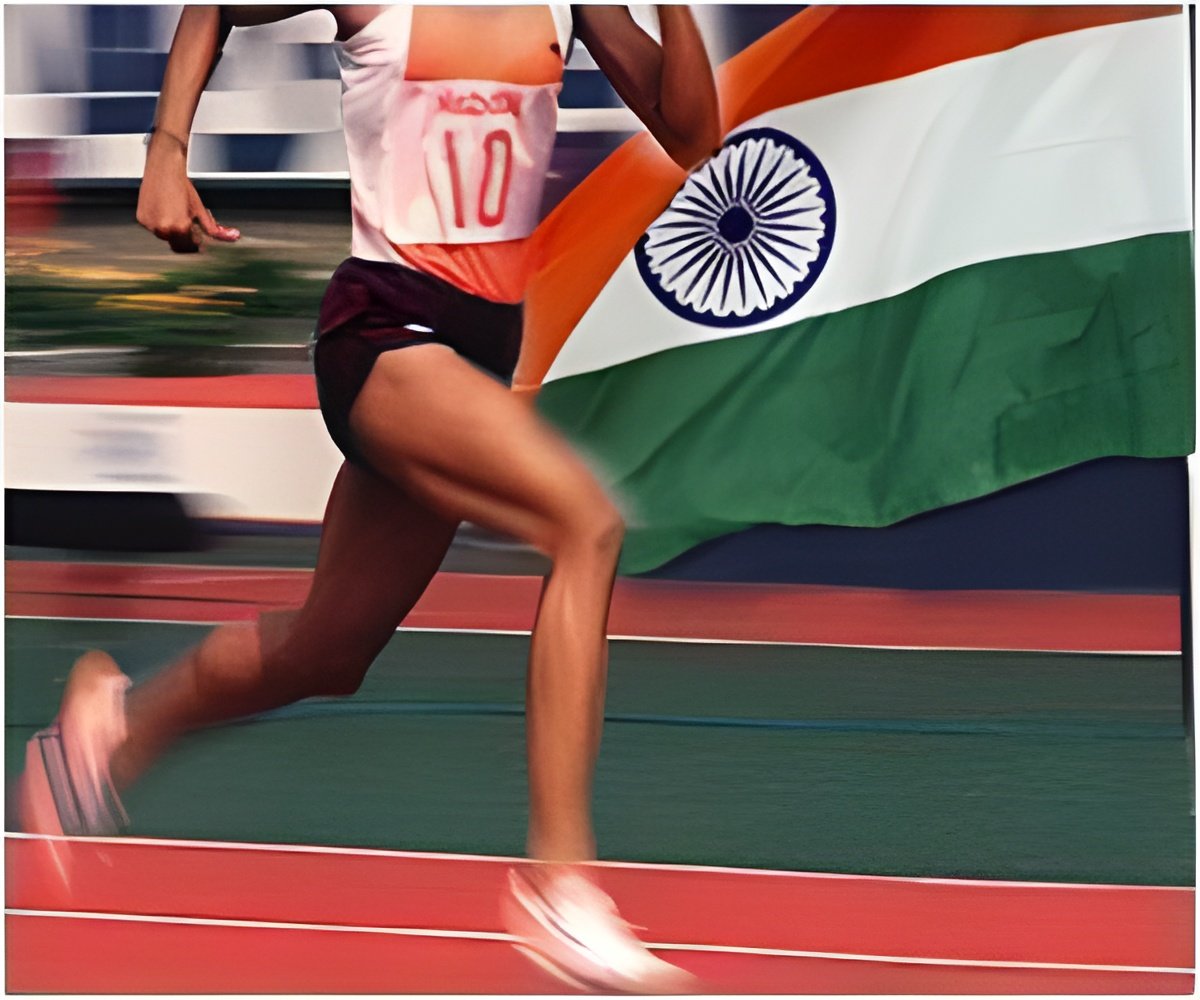The proposal to test the testosterone levels of select female athletes has been criticised.

The testing policies, adopted a year ago by the International Association of Athletics Federations and now under consideration by the International Olympic Committee, call for using testosterone levels to decide whether an athlete is "feminine" enough to compete as a woman.
The problem, the researchers explained, is that there is insufficient evidence to set a benchmark for a normal testosterone levels in elite female athletes, let alone persuasive research showing that testosterone levels are a good predictor of athletic performance.
"What makes sex testing so complicated is that there is no one marker in the body we can use to say, 'This is a man,' or, 'This is a woman,'" said first author of the paper Katrina Karkazis, PhD, a medical anthropologist and senior research scholar at Stanford's Center for Biomedical Ethics.
"These new policies try to get around that complexity by singling out testosterone levels as the most important aspect of athletic advantage. But what causes athletic advantage is equally complex and cannot be reduced to testosterone levels," she stated.
The IAAF policies state that female athletes with unusually high testosterone levels, a condition known as hyperandrogenism, will be banned from competition unless they undergo surgery or take drugs to lower their levels.
Advertisement
In practice, the policies focus specifically on testosterone, they added.
Advertisement
"There are many biological reasons some athletes are better than others," the authors write, pointing to several runners and cyclists who have rare mitochondrial variations that give them extraordinary aerobic capacity, or basketball players who have acromegaly, a hormonal condition that results in exceptionally large hands and feet. Such biological differences don't cause them to be banned from competition, they wrote.
"It bears noting that athletes never begin on a fair playing field; if they were not exceptional in one regard or another they would not have made it to a prestigious international athletic stage," the noted.
Instead of adopting such policies, the authors recommended against gender policing by international sporting authorities.
The critique was published online in The American Journal of Bioethics.
Source-ANI












